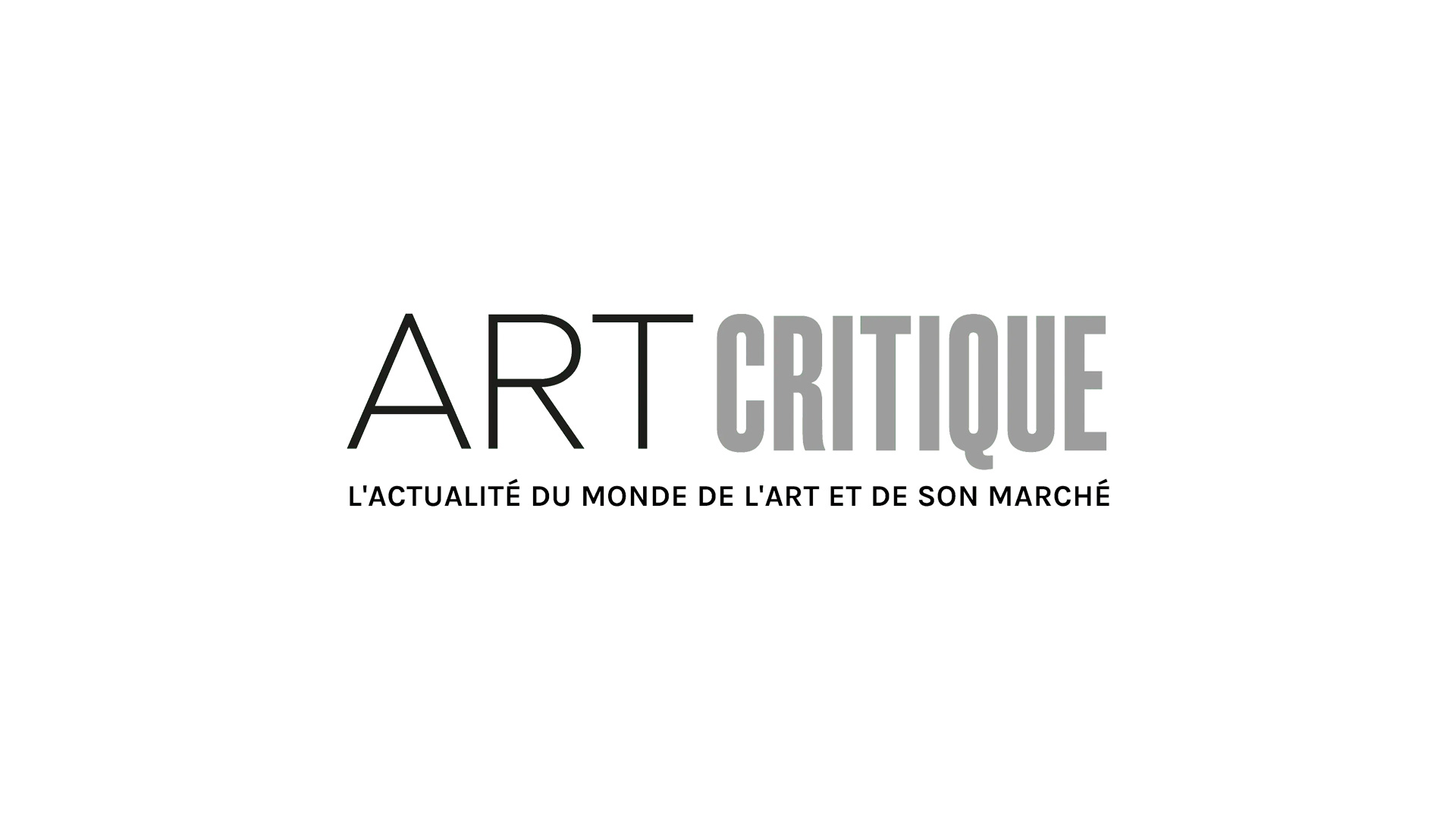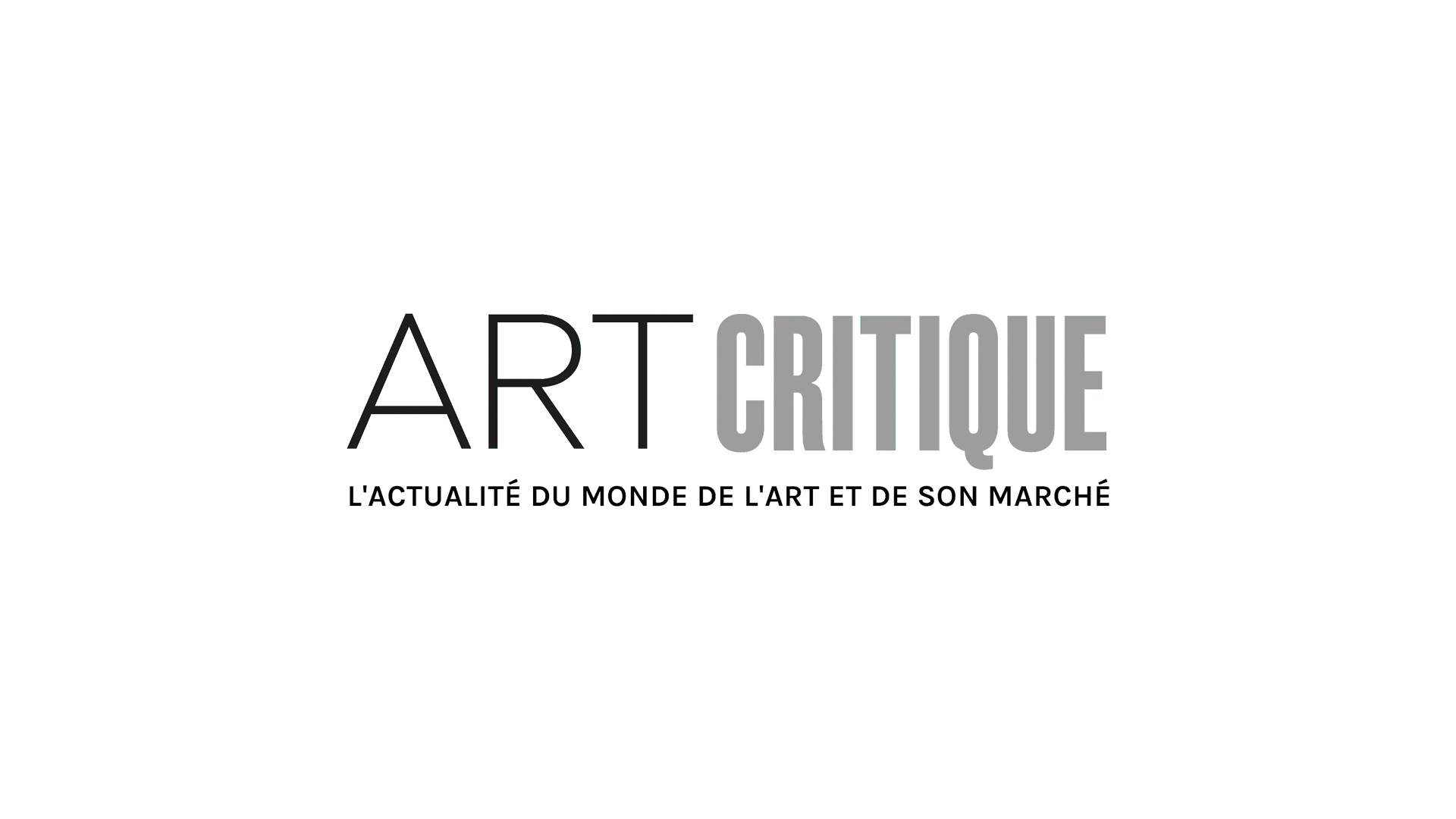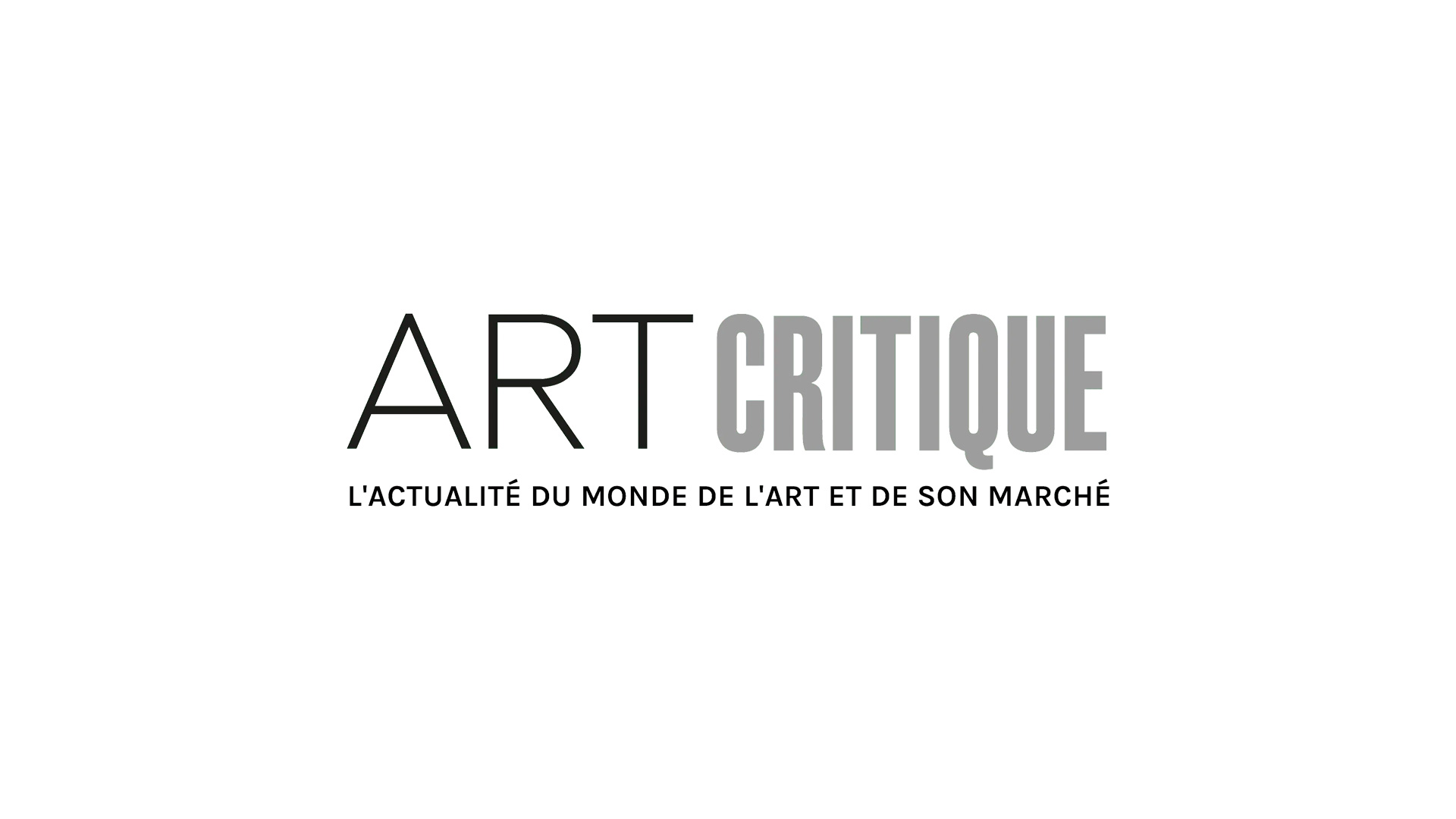For years, a mural that wraps around the walls of Tate Britain’s Rex Whistler restaurant has been the source of controversy. Issues with the mural, painted by the restaurant’s namesake, have come to the forefront once more following momentum gained over the summer by the Black Lives Movement. The findings of an ethics committee have come to a conclusion for the Whistler work that could jeopardise the future of the restaurant as well.
Titled The Expedition in Pursuit of Rare Meats, the Whistler mural depicts an fictional hunt in the land of Epicurania made by the Duke of Epicurania. Charles Aitken, the former director of Tate Britain, commissioned Whistler to execute the mural in 1927, the same year that the restaurant was opened. Ever since, The Expedition in Pursuit of Rare Meats has been the backdrop to diners visiting the English institution. However, amidst Whistler’s imagined rolling countryside are caricatures of Chinese people and enslaved Black children being chased and captured, both of which have raised issues.
In 2013, the mural was part of an extensive £45 million restoration of Tate Britain. That same year is noted as the first time the offensive nature of the mural was first formally flagged. The painting has remained, but after the events of this summer, Tate tasked its own ethics committee to look into the artwork. Among those attending the ethics committee meetings were renowned artist and former Tate Artist Trustee John Akomfrah and Dr David Dibosa of the University of the Arts.
The Whistler was a topic of discussion in a September Tate Galleries Board of Trustees meeting, the minutes for which have recently been made public. During that meeting, Tate’s Board heard from the ethics committee’s chair who updated them on their findings.
According to the Trustee meeting’s minutes, the ethics committee were “unequivocal in their view that the imagery of the work is offensive.” Furthermore, the murals context, being the décor for one of the museum’s eateries, “compounded” the offensive nature of the artwork. The ethics committee continued, reminding Trustees that “the mural is a work of art in the care of Trustees and that it should not be altered or removed.”
Following the committee’s findings, The Art Newspaper, who were the first to report on recent developments, have offered that this news could mean the end of the restaurant’s existence. Earlier this year, The Guardian reported that a description calling the restaurant “the most amusing room in Europe” had been removed from Tate’s website following reinvigorated contention over the work and a petition. The Whistler, specifically for its context, also rubs against a pledge of anti-racism made by Tate Galleries in response to weeks of BLM protests.
Closing the Rex Whistler would be a huge financial blow to the museum which is already reeling from the effects of the pandemic but a spokesperson stated that the future of the restaurant has not yet been decided. “The fine dining restaurants at Tate Modern and Tate Britain both remain closed until at least autumn 2021,” reads a Tate statement. “As reported in the summer, we are taking this time to consult internally and externally on the future of the room and the mural, and we will keep the public informed of future plans.”
It is anticipated that those consultations will be undergone next year.






